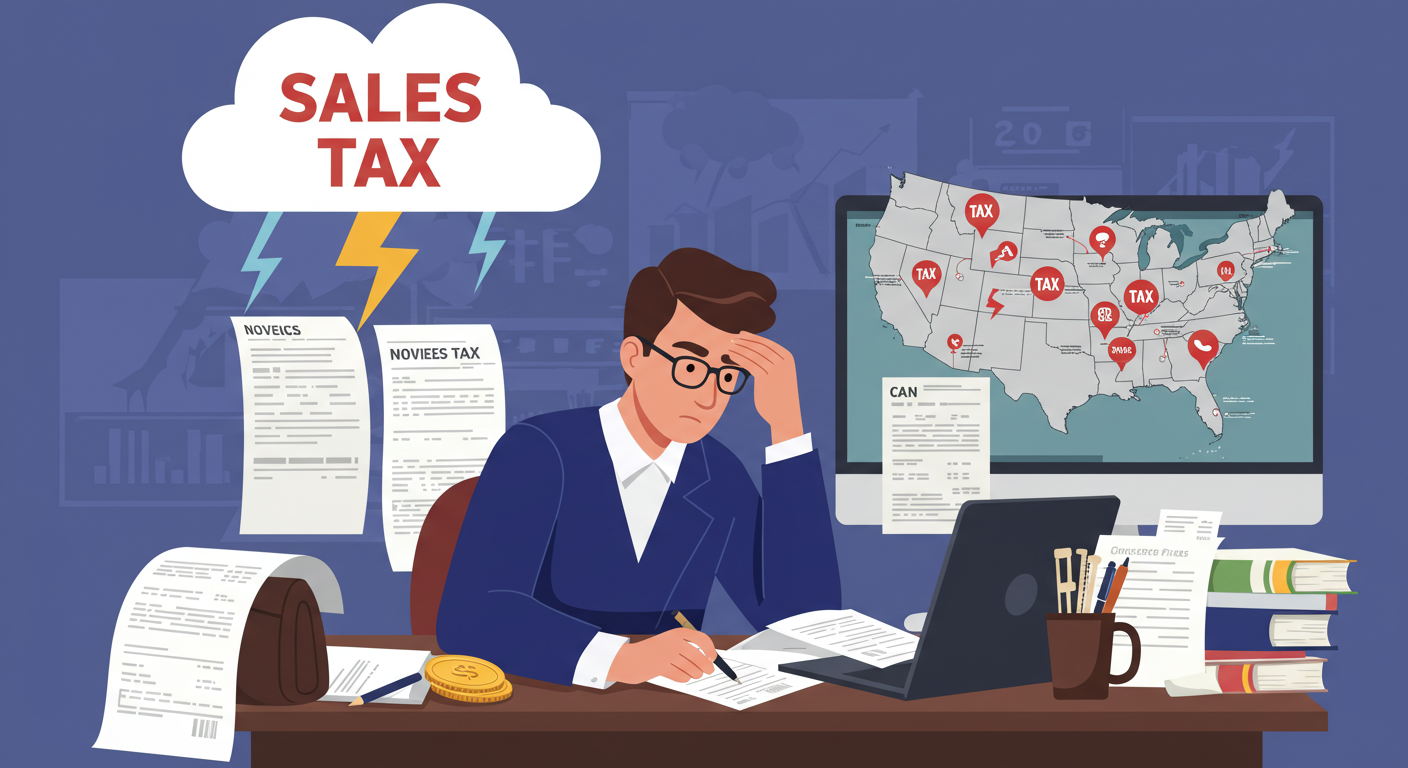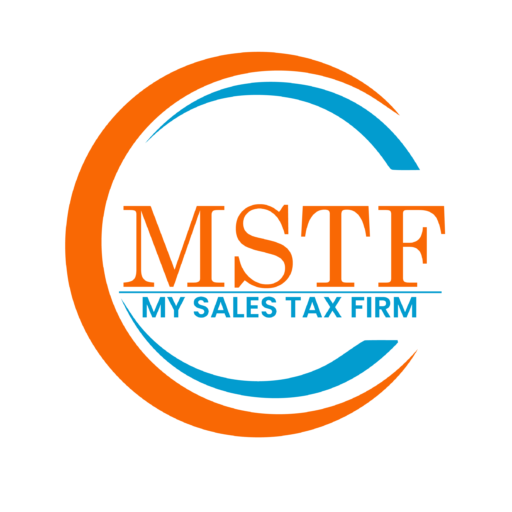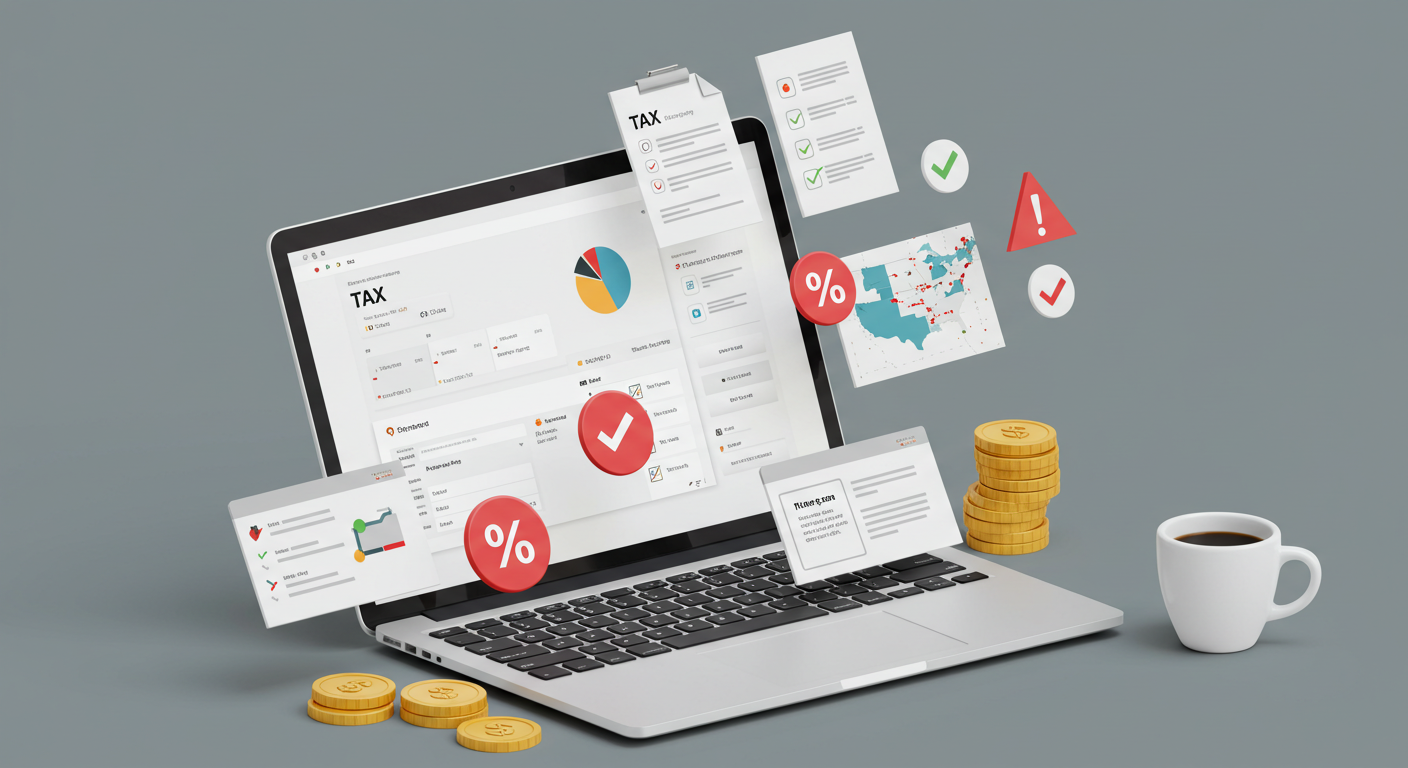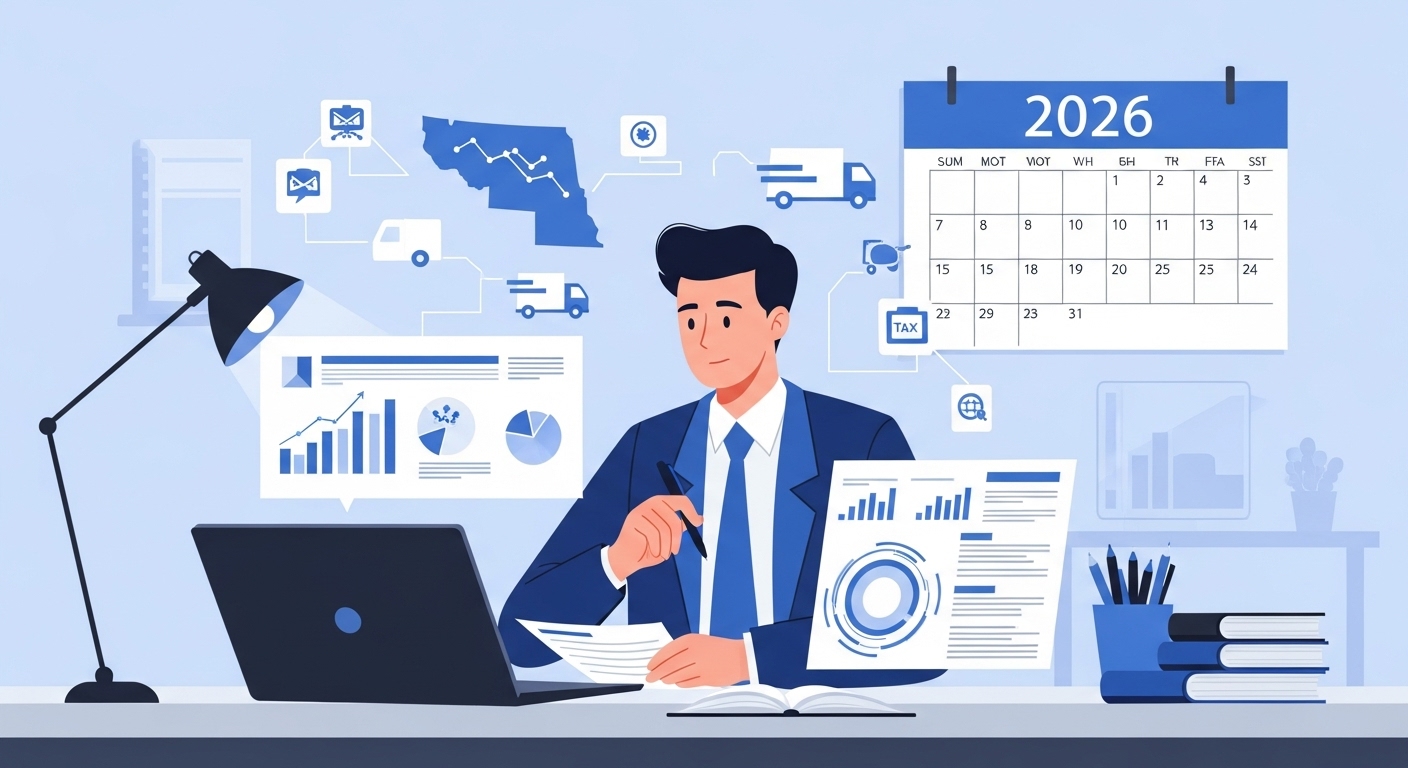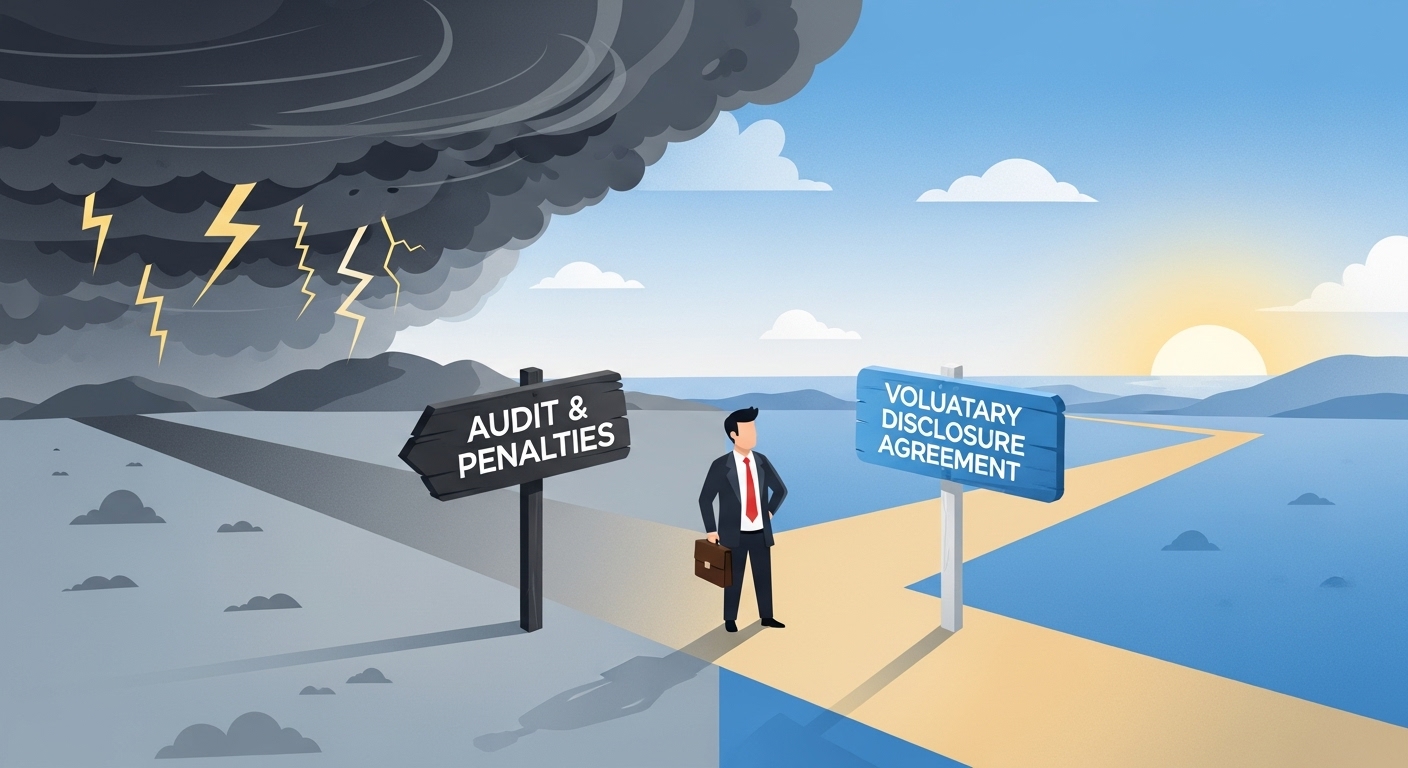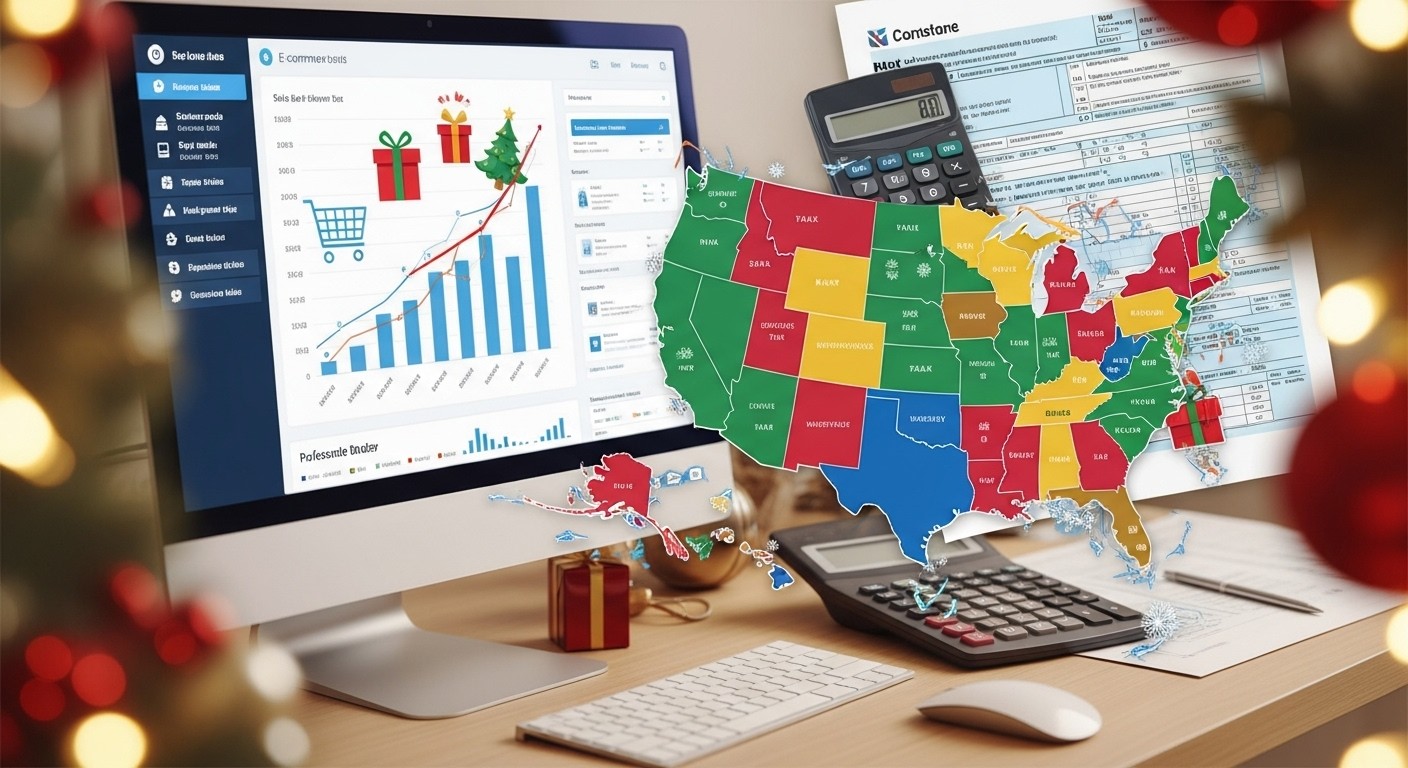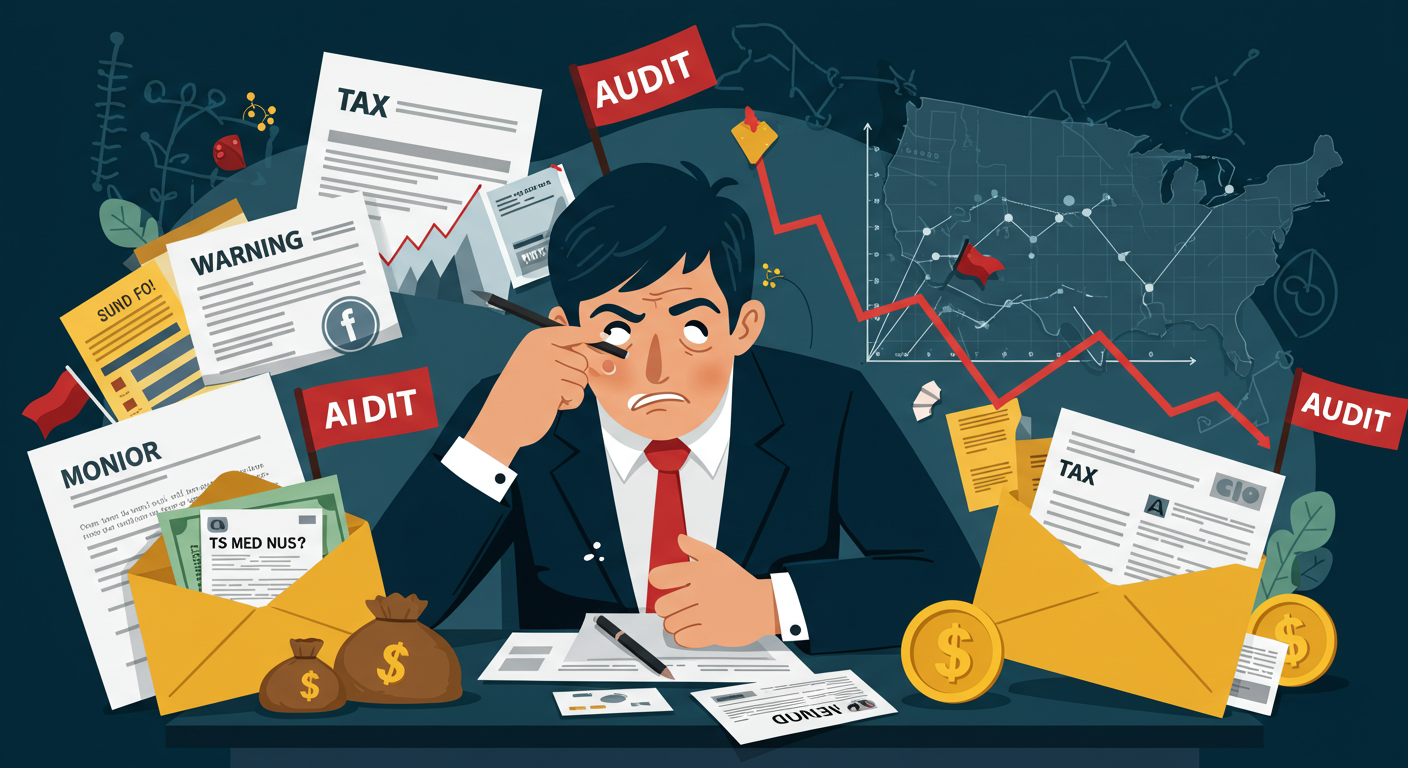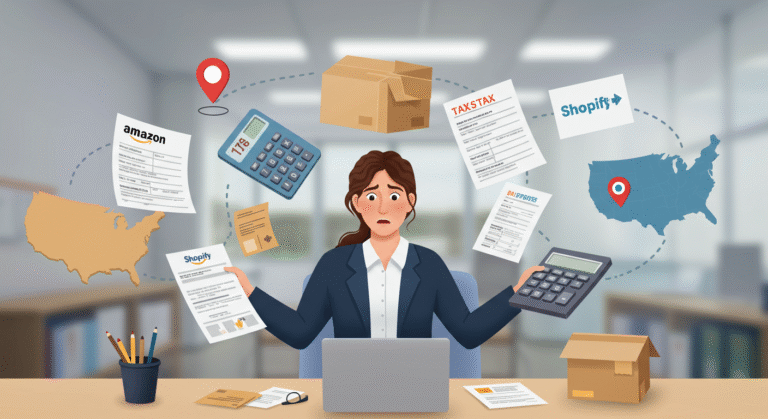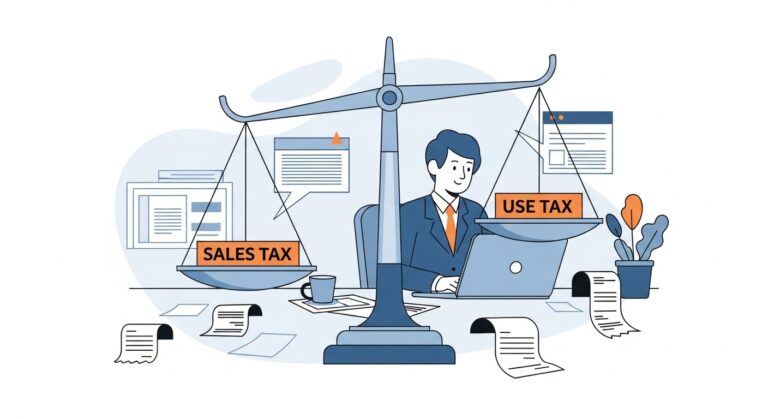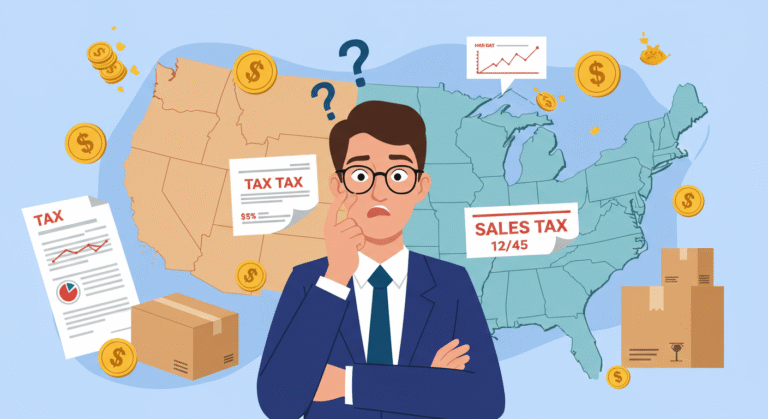Introduction
If you’re an online seller in the U.S., you’ve probably found yourself asking a frustratingly common question lately: “Who’s actually responsible for collecting sales tax—me, or the marketplace I sell on?” The answer used to be fairly straightforward. But thanks to a whirlwind of changes in state legislation and a pivotal Supreme Court ruling, the rules around sales tax have shifted dramatically.
Enter marketplace facilitator sales tax laws. These relatively new laws determine whether the responsibility for collecting and remitting sales tax falls on you—the seller—or the platform you use, like Amazon, eBay, Etsy, or Shopify. And if you think the platforms are just handling everything for you now, think again.
In this article, we’ll break down exactly what these laws are, how they work, and what they mean for small business owners and e-commerce sellers. We’ll walk you through the practical side of things—no jargon, just clarity. Because when it comes to sales tax, what you don’t know can cost you.
What Is a Marketplace Facilitator, Really?
Before we can talk about the laws, let’s define the player at the center of this: the marketplace facilitator. Simply put, a marketplace facilitator is any platform that connects buyers and sellers, processes transactions, and facilitates the sale of tangible goods or taxable services. Think Amazon, Etsy, eBay, and Walmart Marketplace. Even Shopify can play a role, depending on how you use it.
When a platform acts as a facilitator, it may now also be considered the one responsible for collecting and remitting sales tax on behalf of third-party sellers who use the platform. This wasn’t always the case. Until recently, individual sellers had to deal with the messy world of collecting sales tax themselves, state by state.
These platforms didn’t want that responsibility—and some still don’t—but states began enforcing these obligations through legislation that designated these marketplaces as facilitators with tax responsibilities. The idea was simple: it’s easier to make a handful of large platforms collect taxes than tens of thousands of small sellers.
Marketplace Facilitator vs. Seller: Who’s on the Hook?
So now the question becomes, who actually has to collect the tax? And this is where things get a bit tricky. In states that have enacted marketplace facilitator sales tax laws, the facilitator—the platform itself—is responsible for collecting and remitting sales tax on behalf of the sellers using it. But—and this is a big “but”—that only applies to transactions made through the platform.
If you’re selling both on Amazon and through your own standalone Shopify store, Amazon is probably collecting sales tax for you in applicable states. But your Shopify store? That’s still your responsibility. Unless Shopify is acting as a marketplace facilitator, which it typically isn’t, you’re the one who must figure out when, where, and how much tax to collect.
What’s more, even when the marketplace collects and remits tax on your behalf, you might still be required to file tax returns in those states, especially if you hold a sales tax permit. So while these laws simplify some things, they don’t eliminate your obligations entirely.
The Wayfair Ruling: The Turning Point
To understand why all of this changed so suddenly, we have to rewind to 2018, when the U.S. Supreme Court decided South Dakota v. Wayfair, Inc. This case rocked the e-commerce world. Before Wayfair, states could only require sales tax collection from businesses that had a physical presence in the state—like a store, office, or warehouse.
But the court ruled that states could also require businesses to collect sales tax if they met certain economic thresholds, even without a physical footprint. This new standard—called economic nexus—was a game-changer. Suddenly, selling a certain number of items or reaching a specific dollar amount in sales in a state could create tax obligations.
That’s when states started passing laws targeting marketplace facilitators. If the marketplaces were the ones enabling all this commerce, then they should be responsible for the taxes, right? That’s the logic that led to the marketplace facilitator sales tax laws we’re dealing with today.
How These Laws Actually Work
The basic idea behind marketplace facilitator laws is to shift the burden of sales tax collection from thousands of individual sellers to a few large platforms. Each state defines who qualifies as a marketplace facilitator and outlines exactly what duties that facilitator has. Generally, those duties include calculating the correct amount of sales tax, collecting it from the buyer at the time of purchase, and remitting it to the appropriate state tax authority.
Sounds simple? Not quite. Every state has its own set of rules, thresholds, and exceptions. Some states require platforms to collect tax only if they reach a certain volume of sales into the state. Others apply the rules to all facilitators, regardless of size. Some states require the facilitator to notify sellers and buyers. Others require detailed reporting. It’s a messy patchwork that sellers must understand if they want to avoid getting tripped up.
For example, California requires platforms to collect tax if total sales into the state exceed $500,000. New York, on the other hand, doesn’t have a sales threshold for marketplace collection—it applies to all sales. These laws vary widely and continue to evolve.
What Triggers Sales Tax Collection Under These Laws?
To know when sales tax must be collected, you have to understand the concept of nexus. There are two main types: physical and economic. Physical nexus refers to having a physical presence in a state, like a store, warehouse, or employee. Economic nexus is based on sales volume or number of transactions.
Under marketplace facilitator laws, the facilitator is the one whose activity is measured for nexus in most cases. If Amazon has economic nexus in a state, then Amazon is responsible for collecting and remitting tax for your sales in that state—even if you, the seller, don’t meet the threshold personally.
However, not all of your sales go through a facilitator. If you also sell through your own site, at trade shows, or through invoices, you might have nexus on your own and be responsible for collecting and remitting taxes directly. Many sellers mistakenly believe the marketplace handles all of it, but that’s only true for the sales on that platform.
The Real Impact on Ecommerce Sellers
For most Amazon, Etsy, and eBay sellers, these platforms now handle the collection of sales tax in most states. This is a big relief for many small businesses that don’t have the tools or time to manage multistate tax compliance.
But don’t let your guard down. Even though the platform collects the tax, that doesn’t always mean you’re completely in the clear. Some states still expect you to register, file returns, and report the sales that were made through the marketplace—even if you didn’t collect the tax yourself. In other words, the responsibility has shifted, but not disappeared.
Let’s take Amazon sellers, for example. Amazon will collect and remit the tax in most states, but states like Pennsylvania or California may still require you to file sales tax returns showing those sales. If you don’t, your permit could be revoked or you could get hit with non-filer penalties.
Is Shopify a Marketplace Facilitator?
Here’s where many e-commerce businesses get confused. Shopify provides the tools to build and run your online store, but it’s not considered a marketplace facilitator in most states. This means you, as the seller, are responsible for configuring your tax settings correctly, registering in states where you have nexus, and collecting and remitting the correct sales tax rates.
Many business owners assume Shopify does it all. But unless you’re using Shopify’s own sales channels or integrations that qualify under certain state definitions, you’ll likely need to manage this yourself. That includes setting up tax rules, tracking exemptions, and submitting filings. Shopify simplifies the tech, not the tax.
Why You Still Might Need to File Tax Returns
Even if a marketplace collects the tax for you, many states still expect you to file a return—often just to confirm that the marketplace handled the tax collection. These are known as “zero-dollar” returns, and skipping them can trigger audits or result in your sales tax permit being canceled.
This is especially critical in states where you’re registered for sales tax. Just because you didn’t collect any tax directly doesn’t mean the state doesn’t want a record of your sales. It’s their way of making sure the marketplace really did collect the proper amount.
Filing consistently, even if it’s just to report zero tax due, helps maintain your good standing and avoid costly enforcement actions.
The Compliance Trap Many Sellers Fall Into
One of the biggest mistakes sellers make is assuming that automation equals compliance. It doesn’t. Platforms are generally reliable when it comes to collecting sales tax—but they’re not perfect. Misconfigured settings, outdated product tax codes, or incorrect marketplace classifications can all lead to under- or over-collection.
Add to that the fact that sellers often use multiple platforms—Amazon, eBay, Etsy, and their own sites—and you start to see the problem. Each platform may handle tax differently, and unless you’re tracking it all, you’re flying blind.
Sales tax compliance isn’t just about collection—it’s about reporting, documentation, and record-keeping. And that’s where most sellers fall short.
Why Relying on Marketplaces Alone Is Risky
Marketplace facilitator laws were designed to make life easier for sellers. But they weren’t designed to remove sellers from the sales tax equation entirely. Relying on marketplaces to handle everything is like assuming your GPS always knows the best route—it usually works, until it doesn’t.
There are too many moving parts. Marketplace laws vary by state. Thresholds change. Rules get amended. And platforms may not always notify you when they stop collecting for a particular state. That’s why sellers need to be vigilant and regularly review their sales tax compliance setup.
Because in the end, the liability often falls on the seller. If a state believes you failed to comply—even if the marketplace was supposed to collect—you could still face audits, fines, or revoked permits.
So What Should You Do?
Start by auditing your entire sales tax situation. Make a list of where you sell, what platforms you use, and where you may have nexus. Check which states your platforms are collecting in—and compare that with where you’re registered.
Next, look at your tax filings. Are you still required to file zero returns? Are your platforms filing under your business ID or their own? If the answer is “I’m not sure,” that’s a sign it’s time to dig deeper.
And finally, stop relying entirely on automation or assumptions. Work with a qualified sales tax professional—someone who understands marketplace facilitator laws and how they apply across multiple states and platforms. It’s not about overcomplicating things. It’s about protecting your business.
Conclusion
Marketplace facilitator sales tax laws have definitely changed the game for e-commerce. They’ve reduced the burden for many sellers—but they’ve also created a false sense of security. Just because your platform is collecting tax doesn’t mean you’re off the hook.
Understanding where you still have obligations—like sales tax registration, filings, and documentation—is crucial if you want to stay out of trouble. These laws are helpful, yes, but they’re not a get-out-of-tax-jail-free card.
If you’re not sure where you stand, it’s time to get a professional review. At My Sales Tax Firm, we help sellers audit their compliance, file in all 50 states, and stay ahead of law changes. Don’t wait for an audit to learn what you should’ve done. Reach out today, and let’s make sure you’re covered.
